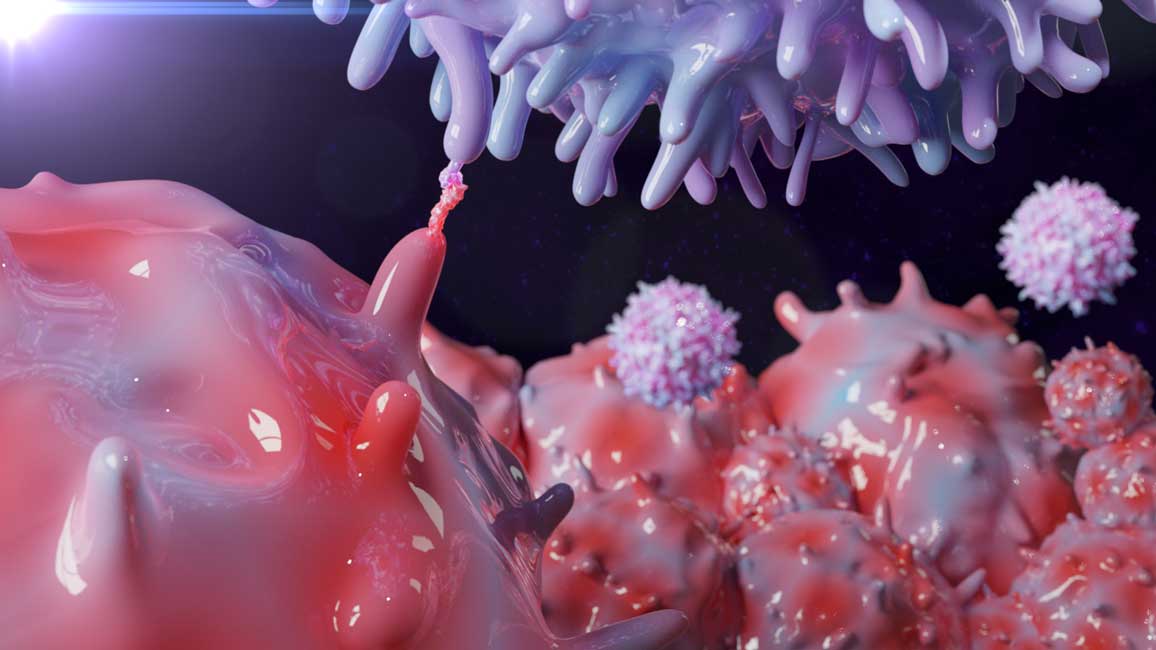Combo of Three Therapies Shows Promise for Advanced Melanoma
For certain patients with inoperable metastatic melanoma a triplet combination therapy may improve survival prospects, according to findings of a recent phase II study of a combination of nivolumab and dabrafenib and trametinib.
There remains an unmet need for effective therapies for melanoma patients who have failed immunotherapy. Although targeted therapies and immunotherapies have improved survival for patients with late-stage metastatic melanoma associated with a mutation in the BRAF V600 gene, many patients still progress and ultimately succumb to the disease. About half the cases of melanoma have a BRAF mutation, and this damage to the BRAF gene causes cancer cells to develop. Preclinical data support the basis for combining targeted therapies and immunotherapies, but data from clinical trials evaluating triplet combinations in patients previously untreated with immunotherapies have been inconclusive. Additionally, patients with untreated brain metastases were excluded from previous triplet trials.

The researchers set out to find whether nivolumab, a PD-1 inhibitor that helps the immune system to slow or stop the growth of cancer cells, in combination with dabrafenib and trametinib, kinase inhibitors that block the action of abnormal proteins from signaling cancer cells to multiply, is safe and would help patients with the BRAF mutation. The patients included in the trial were those who had not received prior therapy with BRAF or MEK inhibitors. Prior immunotherapy, such as with a PD1 inhibitor, was allowed. Additionally, patients with brain metastases were included in the trial.
“This trial is important because it shows that patients with brain metastases can benefit from this regimen,” said Dr. Patrick Hwu, Moffitt Cancer Center president and CEO. He is one of the authors on a poster presented at the 2021 American Society of Clinical Oncology (ASCO) Annual Meeting that described the triplet combination study.
The triplet combination therapy at full doses showed a toxicity profile that is consistent with previously reported triplet therapy combinations. Also, the triplet combination shows promise in treating patients with metastatic melanoma who did not respond to immunotherapy and also showed promise in melanoma patients with brain metastases. The patients with and without brain metastases did not have significant differences in outcomes following treatment.
Additional studies are ongoing with the aim of clarifying predictors of treatment outcomes and mechanisms of treatment response and response to therapy.
“Future plans related to the results of this trial of triplet therapy will involve understanding the mechanism of treatment resistance so that therapies can be designed to improve the durability of responses,” said Hwu.
The trial sponsor was MD Anderson Cancer Center in collaboration with the National Cancer Institute.


